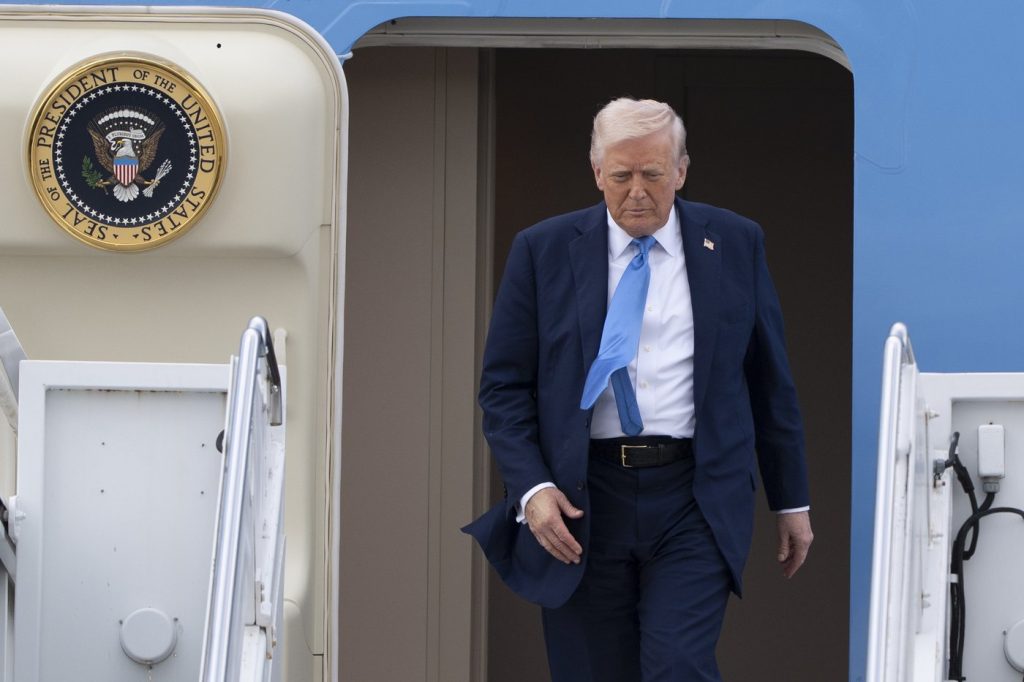In recent events in Washington, an executive order targeting Paul Weiss, one of the country's most prestigious law firms, illustrated President Donald Trump's aggressive approach to exerting influence and exacting retribution across various sectors of American life. This incident marked a significant shift, showcasing how Trump has extended his reach beyond government, confronting individuals and institutions that he perceives as threats.
Founded in 1875, Paul Weiss faced serious repercussions when Trump ordered a review of their attorneys’ federal security clearances, the termination of federal contracts, and the restriction of employee access to federal buildings. This action was prompted by the firm’s history with Trump, including a former lawyer who once investigated him as a Manhattan prosecutor. However, the firm averted immediate crisis through negotiations that resulted in commitments worth $40 million in legal services supporting Trump's administration.
This episode highlighted Trump's strategic use of presidential power to silence dissent and punish those who oppose him. Following the settlement with Paul Weiss, Columbia University also faced pressure to change its policies to avoid losing billions in federal funding. Major corporations like ABC News and Meta further demonstrated the pressures from the Trump administration by agreeing to multimillion-dollar settlements to resolve lawsuits that stemmed from Trump's contentious relationship with the media.
Ty Cobb, a former White House lawyer during Trump's first term, criticized this pattern, suggesting that firms and institutions that yield to Trump's demands embolden further acts of retribution against perceived adversaries. Some within the conservative legal community viewed Trump's actions as legitimate, whereas others including Jenner & Block and WilmerHale opted to fight back through legal channels, leading to temporary injunctions against portions of Trump's executive orders.
As Trump faced multiple federal and state indictments, his retributive measures escalated. The administration terminated security clearances for lawyers associated with special counsel Jack Smith’s team and issued orders against firms representing Democratic interests, reflecting a broader strategy to target those he deems responsible for his legal troubles.
In parallel, Columbia University's scope of action was constrained by the administration's stern demands, which included threats to withdraw significant funding unless the university complied with policy changes. The fallout resulted in the resignation of Columbia's president and initiated a wave of shifts in university policy regarding free speech and campus safety.
Moreover, news organizations such as ABC News and Meta were subjected to settlement agreements out of court, further exemplifying Trump's willingness to confront and intimidate the media landscape to serve his own narrative. A federal judge recently intervened against attempts to dismantle government news services, demonstrating the judiciary's role in curbing executive overreach.
Trump's directive that law firms “behave themselves” encapsulates his ongoing campaign to control institutional narratives and assert his dominance in a landscape he perceives as hostile. This pattern of retribution underscores an alarming trend where legal representation and institutional integrity are compromised under the weight of political pressures.










